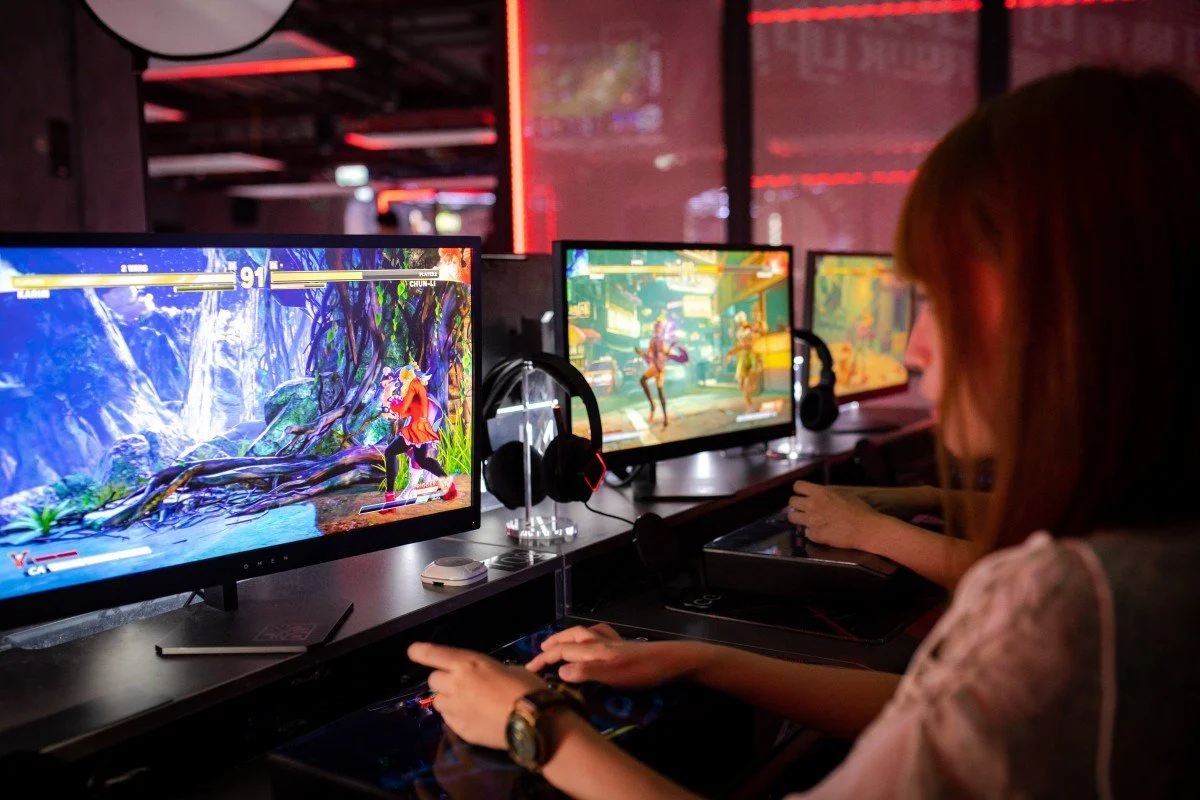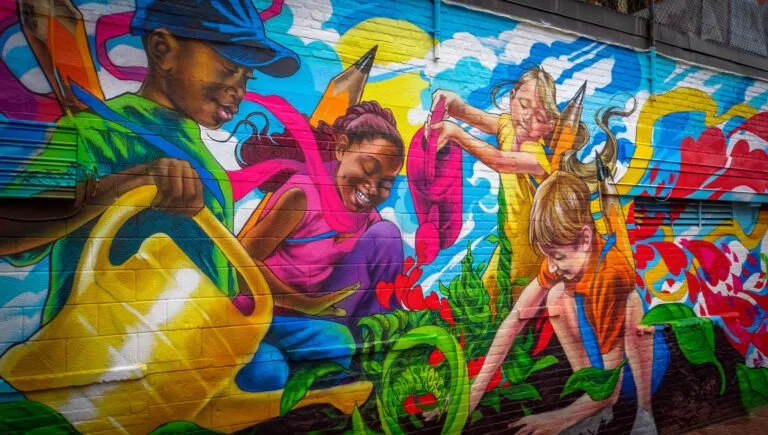The idea of collecting data is not new within the nonprofit world. Today, community-facing nonprofits are realizing how critical data collection is in achieving and reporting on their missions. According to the most recent edition of Salesforce’s Nonprofit Trends Report, organizations that ranked higher for digital maturity, or their ability to leverage data to inform decision-making, had a greater likelihood of exceeding goals during (and after) the COVID-19 pandemic. As more user-friendly technology are applied in CRM systems, the obstacles of domain knowledge are diminishing. This results in a positive implication of what these systems can do for nonprofits and how it can transform how these organizations are run. However, the lack of budget and training resources makes the obtention of these systems unlikely for many nonprofit organizations.
A Collaborative Affair: When Art Meets Business
One doesn’t often find commonalities between the world of art and luxury automobile technology. While it is common for businesses in different industries to create partnerships, joint ventures, or mergers, the idea of collaboration between businesses and art organizations was often dismissed on the grounds of artistic and monetary differences. But in a world of ever increasing intersections and interconnections, this notion is fast becoming obsolete and arts organizations are no longer insular entities that are oblivious to their formidable counterparts in the business world. The mutual desire for collaboration between the art and the business world is becoming stronger because one can provide business acumen and technical expertise while the other can leverage its strengths in creative thinking and critical analysis. Hence, when the world of art opens the doors of collaboration to different industries, the results can be unexpected, intriguing, and just plain extraordinary.
A museum that is clearly benefiting from strategic partnerships with companies in the world of business and technology is the Guggenheim. It made headlines in 2010 when it collaborated with YouTube, Intel, and Hewlett-Packard to create A Biennial of Creative Video. Essentially an homage to the world of online video, the biennial enabled Guggenheim to showcase extraordinary videos created by ordinary people in the YouTube community.
A year has passed but the Guggenheim is not one to take an innovation vacation, it has recently partnered with BMW to create the BMW Guggenheim Lab. The lab’s name may lack inspiration but the crux of its efforts will most certainly revolve around the axis of innovation. In fact, the lab is “a mobile laboratory travelling around the world to inspire innovative ideas for urban life.”
Over a period of six years, a team of interdisciplinary vanguards “in the areas of urbanism, architecture, art, design, science, technology, education, and sustainability” will travel to a total of nine cities in an effort to resolve the issues surrounding urban life. The lab will center around a specific theme for each two year cycle, the first of which is Confronting Comfort. The journey has already begun in New York City, where the lab has been hosting a series of free programs and experiments designed to help the public not only confront but also improve comfort in the quintessential metropolis. Next it will travel to Berlin and finally, Mumbai, concluding the first two year cycle with an exhibition at the Guggenheim in 2013.
If you do not happen to live in a sprawling metropolis, you can still play Urbanology; an online game that helps you ideate your dream city after asking you a series of questions that will gauge your societal, moral, and sustainable compass. You can also follow all the events on their blog and read intriguing posts such as “ten tips on using your city as an engine for joy” or “your brain on commuting.”
Apart from the games and interesting events, let’s hope the initiative’s denouement will result in change, both inside and outside the realm of the Guggenheim, because we all know that the power to act on issues that arise in metropolises, such as those of transportation or pollution levels, rests primarily in the hands of the government.
Doubts aside, the Guggenheim BMW lab certainly is a novel and unique project that exemplifies the synergies that arise when two unlikely organizations team up. Earlier this year, an article in the Economist argued that businesses have much to learn from the world of art and the opposite is no less true, the possibilities for mutually beneficial relationships are endless. As for the many arts organizations and corporate businesses that regard each with an air of mere acquaintanceship, it’s time they sat down to have a cup of tea.









